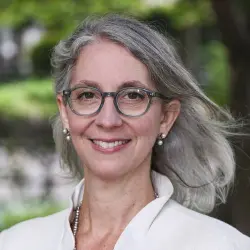

10:30 am EDT - 12:00 pm EDT
Past Event
10:30 am - 12:00 pm EDT
1775 Massachusetts Ave., NW
Washington, DC
The crisis of global education financing has prompted many to ask whether the international community can harness corporate money and resources to support education in developing countries. However, little data exists about how multinational companies currently engage in funding global education and the rationale behind these investments. A new report by the Center on Universal Education at Brookings examines these issues based on research, surveys and interviews of U.S. companies and their corporate philanthropy leaders. The report highlights the amount, themes and geographic focus areas of corporate contributions and the underlying motivations driving contributions to education in developing countries.
On April 6, the Center for Universal Education hosted the launch of its new report. The discussion focused on finding opportunities for the global education community to work with the private sector to improve the impact of their investments, as well as how companies can best use their investments to improve both business and social outcomes. Justin W. van Fleet, author of the report, presented major findings and offered an overall assessment of corporate giving to education around the world. Panelists included Paula Luff, director of corporate social responsibility at Hess Corporation; Luanne Zurlo, founder and president of Worldfund; and David Barth, director of education at USAID.
Following the program, the panelists took audience questions.


Isabelle Hau, Rebecca Winthrop
July 2, 2025

Lesley J. Turner, Zaria Roller, Sarah Reber
July 2, 2025

Jon Valant
July 1, 2025